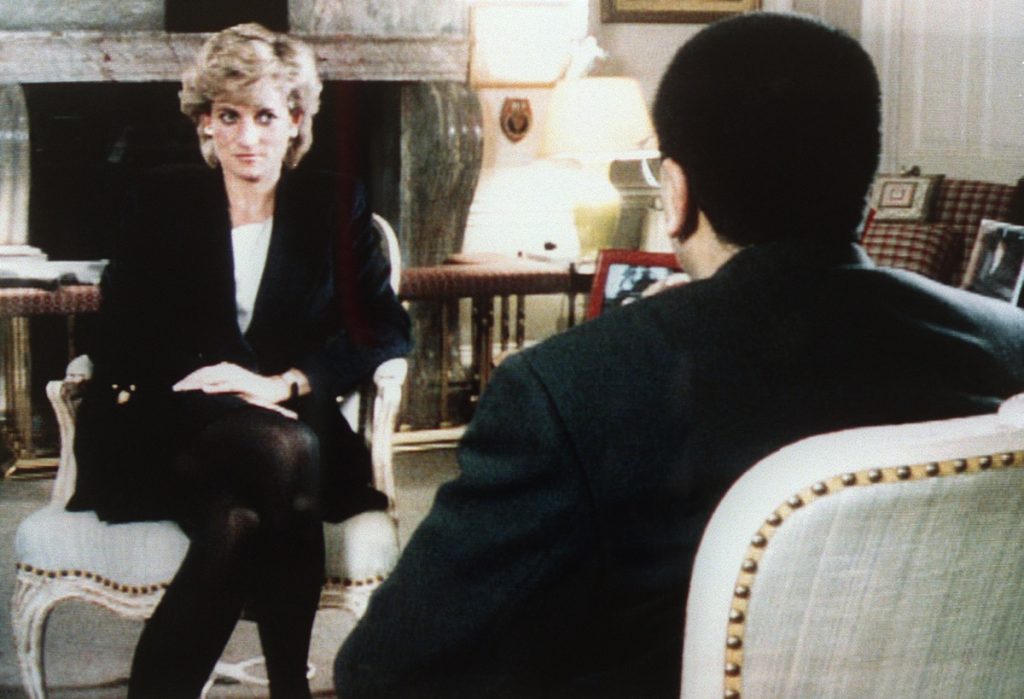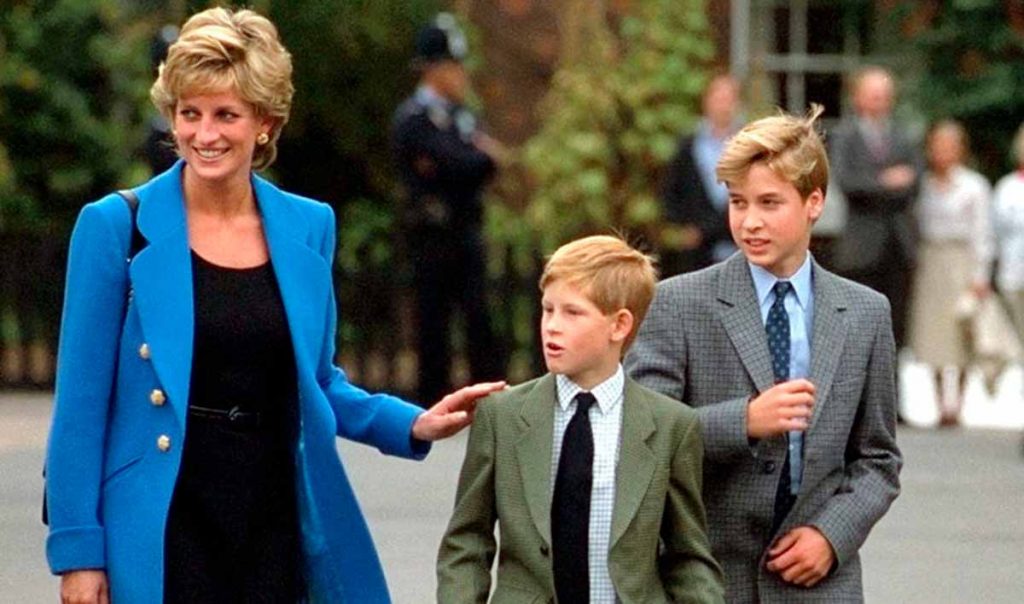Prince William has lashed out at BBC for contributing to his mother’s “fear, paranoia and isolation” shortly before her unfortunate death. William’s comments came shortly after an independent investigation concluded that journalist Martin Bashir tricked princess Diana into giving an explosive interview in which she lifted the lid on her troubled marriage to Prince Charles.
In a video message, the Duke of Cambridge accused the media outlet of “commercializing a false narrative of his mother” and expressed outrage over their exploitative behaviour.
“What saddens me most, is that if the BBC had properly investigated the complaints and concerns first raised in 1995, my mother would have known that she had been deceived. She was failed not just by a rogue reporter, but by leaders at the BBC who looked the other way rather than asking the tough questions,” said the prince.
‘It is my firm view that this Panorama program holds no legitimacy and should never be aired again. It effectively established a false narrative which for over a quarter of a century, has been commercialized by the BBC and others,” added William.

William also accused BBC of poisoning Diana’s relationship with husband Prince Charles.
“It is my view that the deceitful way the interview was obtained substantially influenced what my mother said. The interview was a major contribution to making my parents’ relationship worse and has since hurt countless others,” said the heir-to-the-throne.
“It brings indescribable sadness to know that the BBC’s failures contributed significantly to her fear, paranoia and isolation that I remember from those final years with her.”
A statement on today’s report of The Dyson Investigation pic.twitter.com/uS62CNwiI8
— The Duke and Duchess of Cambridge (@KensingtonRoyal) May 20, 2021
Meanwhile, William’s brother Harry, who quit royal life last year, said the inquiry report was “the first step towards justice and truth” but that the deceptive practices exposed were still widespread today — and had played a part in his mother’s death.
“The ripple effect of a culture of exploitation and unethical practices ultimately took her life,” he added.
“Our mother lost her life because of this, and nothing has changed. By protecting her legacy, we protect everyone and uphold the dignity with which she lived her life. Let’s remember who she was and what she stood for,” added Harry in his statement.
NEW: from Prince Harry tonight: “our mother lost her life” because of practices like this pic.twitter.com/bFtQdr3fX0
— Chris Ship (@chrisshipitv) May 20, 2021
Harry’s comments echoed those of Diana’s brother Charles Spencer, who earlier blamed the fallout from the 1995 interview for contributing to her death nearly two years later.
“She didn’t know who to trust and in the end, when she died two years later, she was without any form of real protection,” Spencer said.
Questions have long been asked about how Bashir convinced Diana to talk on the BBC’s flagship Panorama programme in November 1995, which was watched by a record 22.8 million people and won a string of television awards.
In it, she famously said, “there were three people” in her marriage — her, Charles and his long-time mistress and now wife, Camilla Parker-Bowles — and also admitted adultery.

Bashir, now 58, was little-known at the time of the interview but went on to have a high-profile career on US television networks, and interviewed stars such as Michael Jackson.
He returned to work for the corporation as religion editor until he stepped down last week, citing ill health, just hours before Dyson’s report was submitted to BBC bosses. However, he issued a statement saying that he “remains proud of the interview” which has been used to “overshadow Princess’s struggles”.
BBC Director-General Tim Davie also issued a public apology saying: “While the BBC cannot turn back the clock after a quarter of a century, we can make a full and unconditional apology. The BBC offers that today.”







